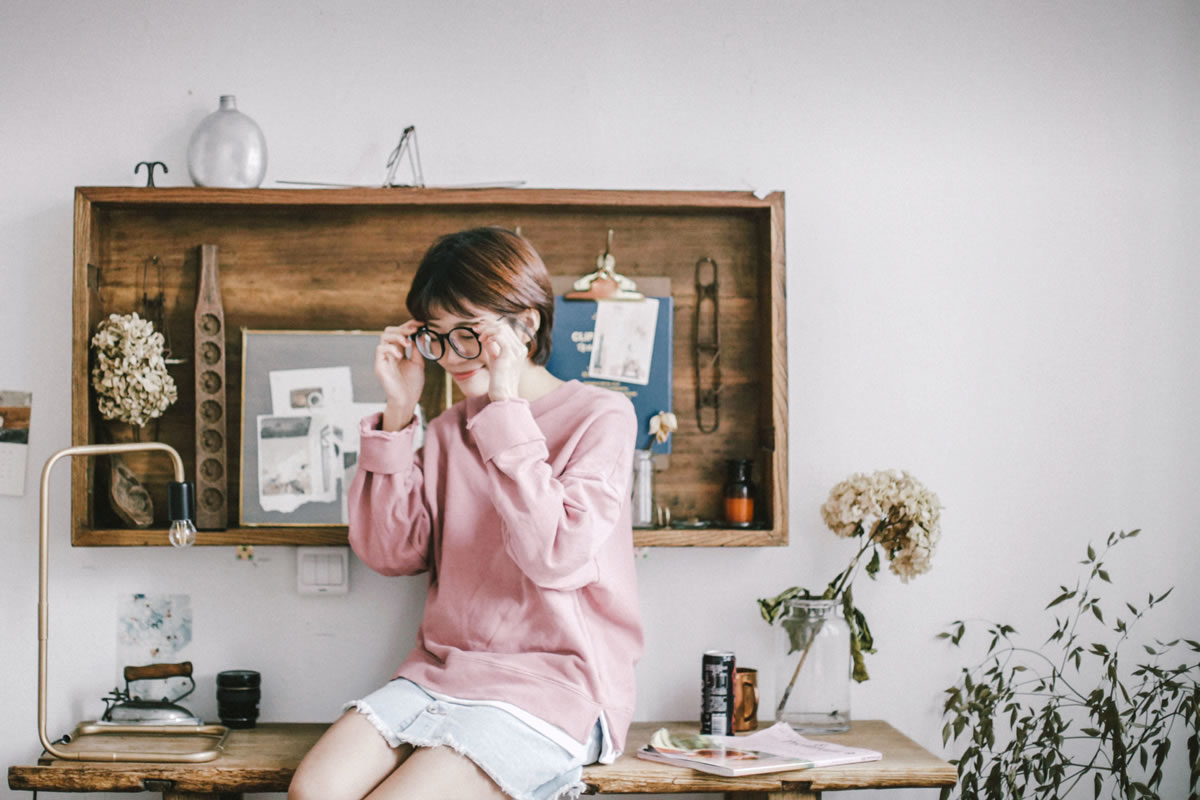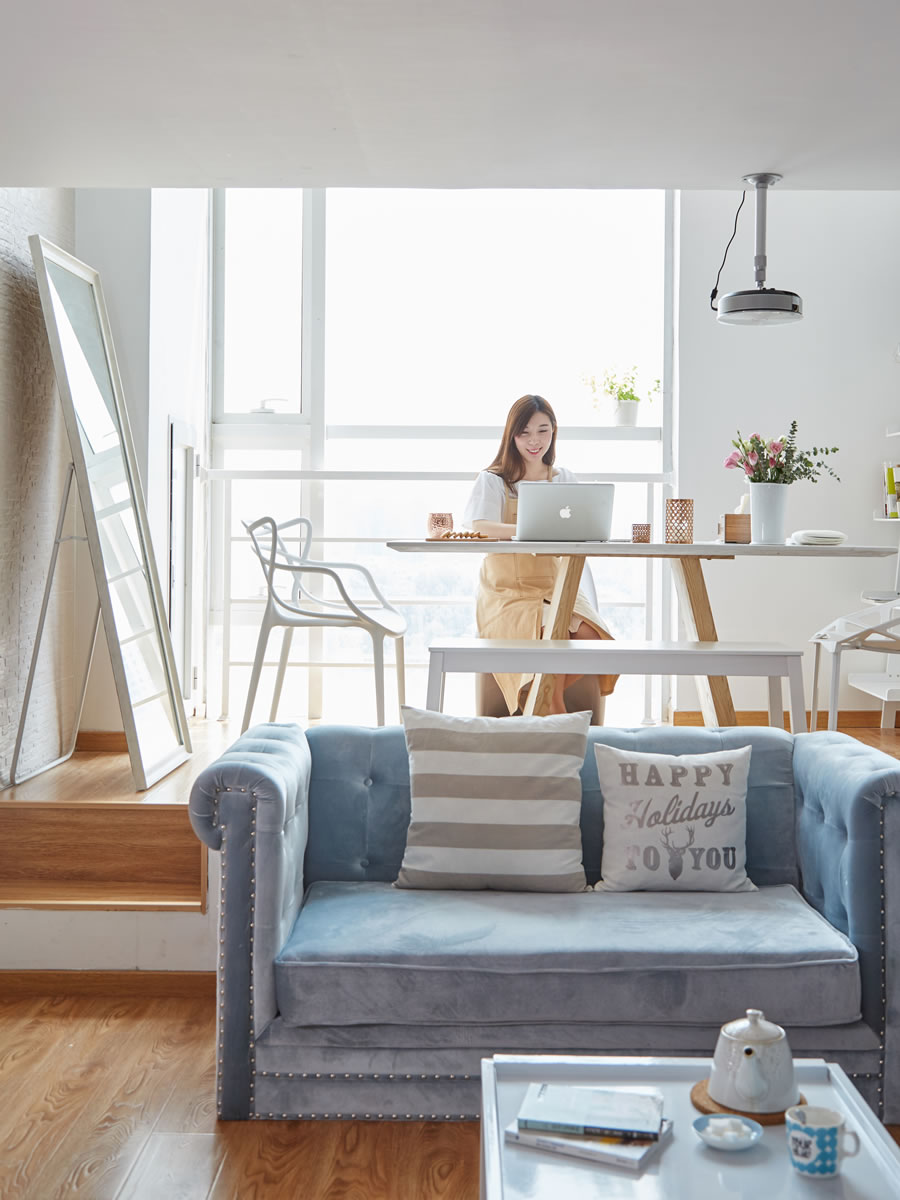當我們在陌生的地方旅行,總是虧欠那些給我們提供休息和睡眠地方的人。沒有他們,我們的旅行也就沒辦法完成。但是什麽原因讓他們願意開始創辦民宿呢?他們的故事是什麽?我們決定開啟一個新的欄目來分享這些人和他們民宿背後的故事。
1. 告訴我們關於你自己,你的民宿,你是誰,還有你從哪裏來!
我叫莫麗嬌,熟悉的朋友們叫我Momo。一個很典型的熱血獅子座,想到什麽就要立刻去實現的類型,偶爾也很喪,但一點生活中可愛的小事就可以讓我恢復元氣。
“白日拾堂” 是我們民宿的名字,請一定記住它! 目前白日拾堂所有視覺部分由我來負責(室內外設計、軟裝、平面設計等),偶爾也會策劃一些與品牌相關的跨界合作。
2. 在開民宿之前,你在做什麼?
2014年畢業之後我便從東北只身來到上海,選擇了自己很喜歡的平面/插畫設計師的工作,廣告公司互聯網公司都有做過,直到現在也還是很喜歡插畫,這件事大概是我一輩子都無法拋棄的。
3. 是什麼讓你決定開民宿?告訴我們一切的開始!
其實兩年前就有個“民宿夢”,但當時覺得這一切遙不可及。但後來我們一起去日本旅行,接觸到了Airbnb這個平臺,發現原來可以這樣從一間小屋子踏踏實實的做起,於是回到上海之後我們(與現在的另外兩位合夥人)便租下了第一間老房子開始改造,上線,很幸運的每天都是客滿,並且收到了很多珍貴的溝通,也給了我們繼續做下去的動力。
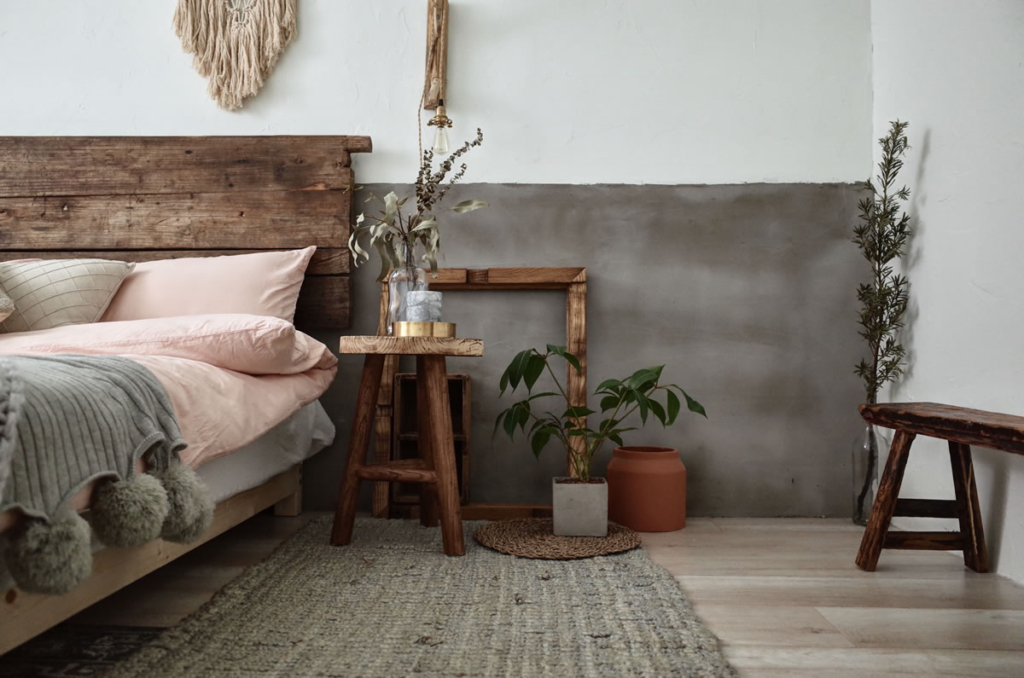
4. 是否能跟我們介紹民宿的空間?(房間,床,設備,共享區,等)
目前上海的五間每個都是獨立的一套居住空間(其中三間含有庭院)。大部分沿用了海派loft格局的做法,其實這是早年居住空間緊張所創造出的一種有效利用空間的思路,老洋房層高都在3米以上,這樣在縱向增加使用空間,橫向便可寬敞許多,而且會增加空間層次感,給生活增添了那麽一點好玩的事兒。
民宿的軟裝大多采用新舊家居的結合,因為差異,更懂得相互依偎。最大的特色應該是中古家具的使用。我們三個主理人花了很多時間和心思,親自跑遍上海大大小小的弄堂,無論是打磨還是修復都親力親為,讓這些獨一無二的,有流動著時間的好物重新在這裏找到屬於自己的位置。無論是生活還是為他人提供服務,始終覺得按材分配,物盡其用是一定要堅持去做的,而且會給周圍帶來好影響的事情。
5. 為什麼會選擇在這些地點開民宿?周圍有什麼特別的嗎?
我們對民宿的選址要求還是很苛刻的,因為我們的風格定位決定了它的位置需要在城市熱絡和上海特色結合的特別地段。現在上海的幾間都在原法租界區域內,這個區域有上海最老和最新的文化,有歷史留下的建築風情,也有最新潮的外來文化,有很高的包容度,我們很愛也很感激有這樣的環境。
6. 平常來住你們民宿有哪些人?
年輕人(笑 )。 其實都是對生活質感有些要求的有獨立思維的做著有趣工作的人,也有一些對新奇事物躍躍欲試的大學生。
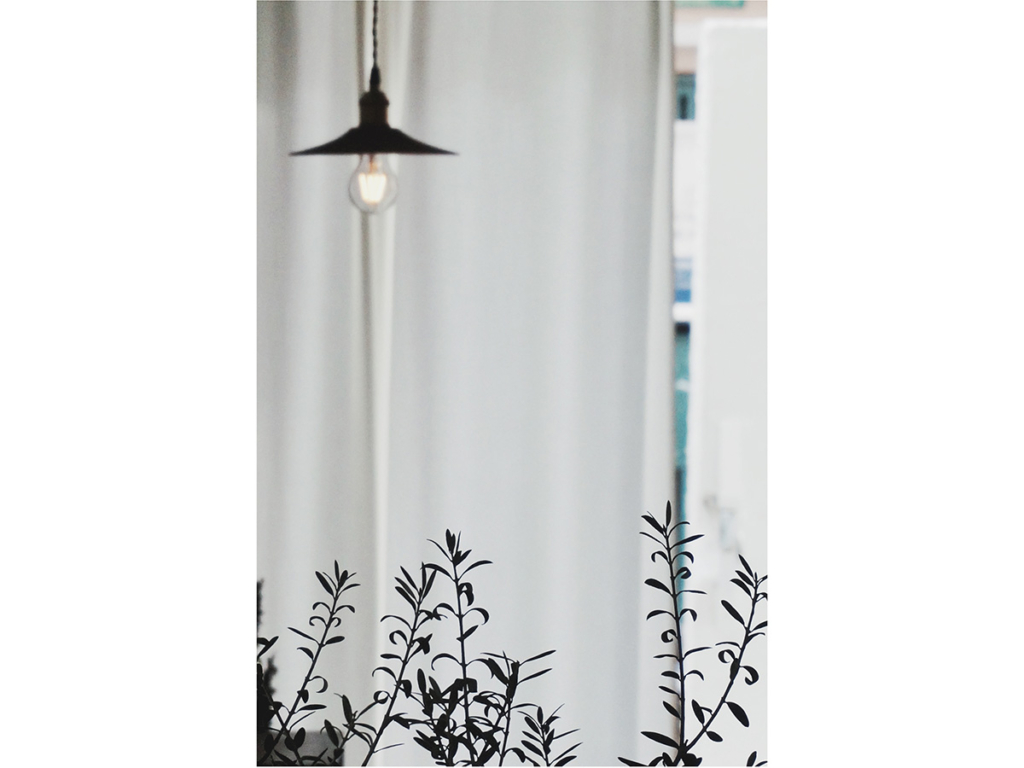
7. 民宿開了多長時間?在這段時間裏領悟到了什麼?
到這個月底就一年整啦(慶祝✌️)。專業上的技能有了很大的提升,越來越明白如何做好服務,怎麽能讓對方既看得到美觀享受,又感受到舒適、安心。自己的話,在過程中抗壓能力越來越強了 hhh,體會並成長為寬容的心。很多事情在並不了解的情況下不會再妄下定義,而是去了解或接受這個世界的多樣性。“Everyone you meet is fighting a battle you know nothing about, be kind, always.”
8. 是什麼讓你一直堅持做民宿?
看到我們的影響力在慢慢變大,受到各界的鼓勵和支持,這一切都很有成就感。我們所做的事情,是為他人提供美好的生活空間,也是一件送人玫瑰手有余香的美好的事情,這種微妙的小幸福大概也是支撐生活的原力吧。
9. 做民宿是希望達到什麼願望嗎?
其實沒什麽很具體的一定要實現的願望,一步一步,愈來愈好對我們而言就足夠啦。
10. 對民宿的將來,你會有什麼打算?
現在在準備杭州綜合性空間的前期工作,目前在設計裝修的階段 ,將來可能會考慮做更多這樣的多樣性空間,民宿只是其中一部分項目,期待通過我們的空間探索更加多樣性的舒適自然的設計和結成有趣的跨界合作。
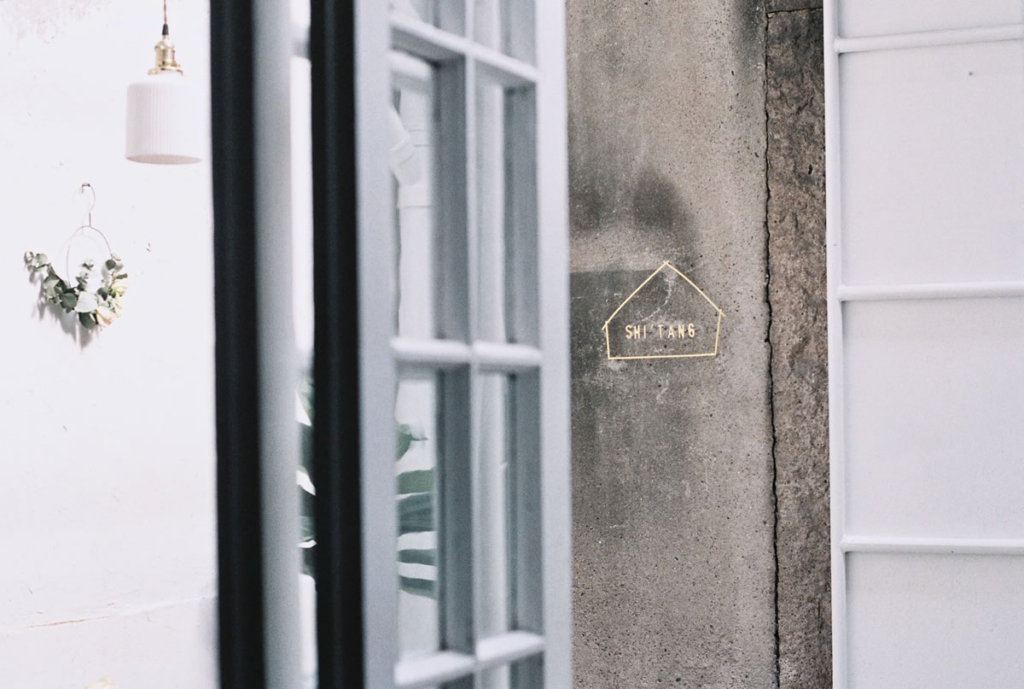
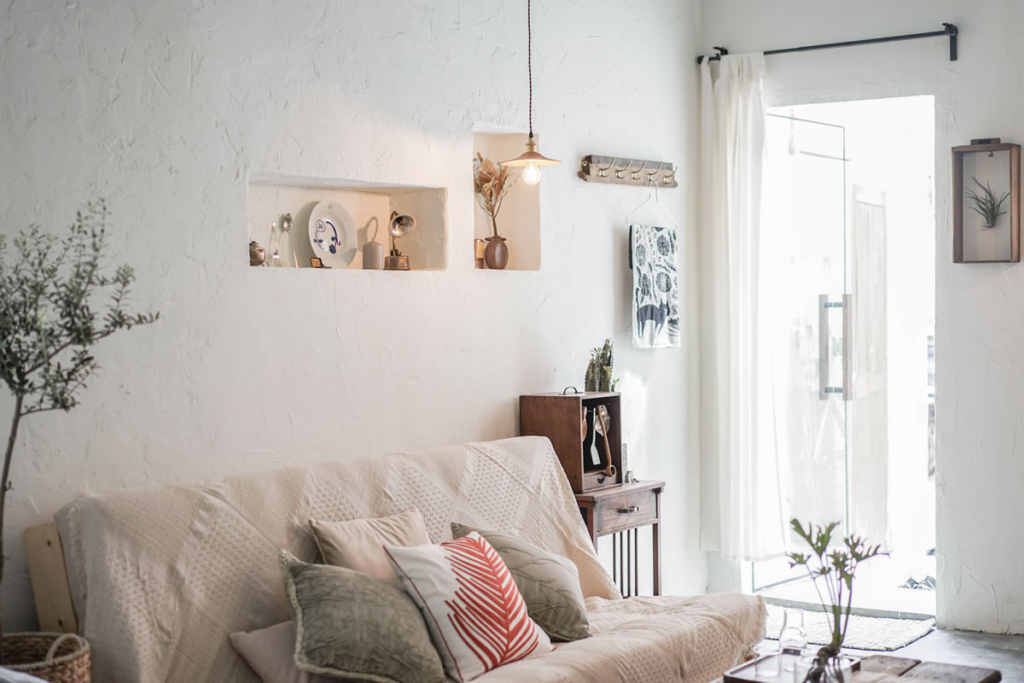
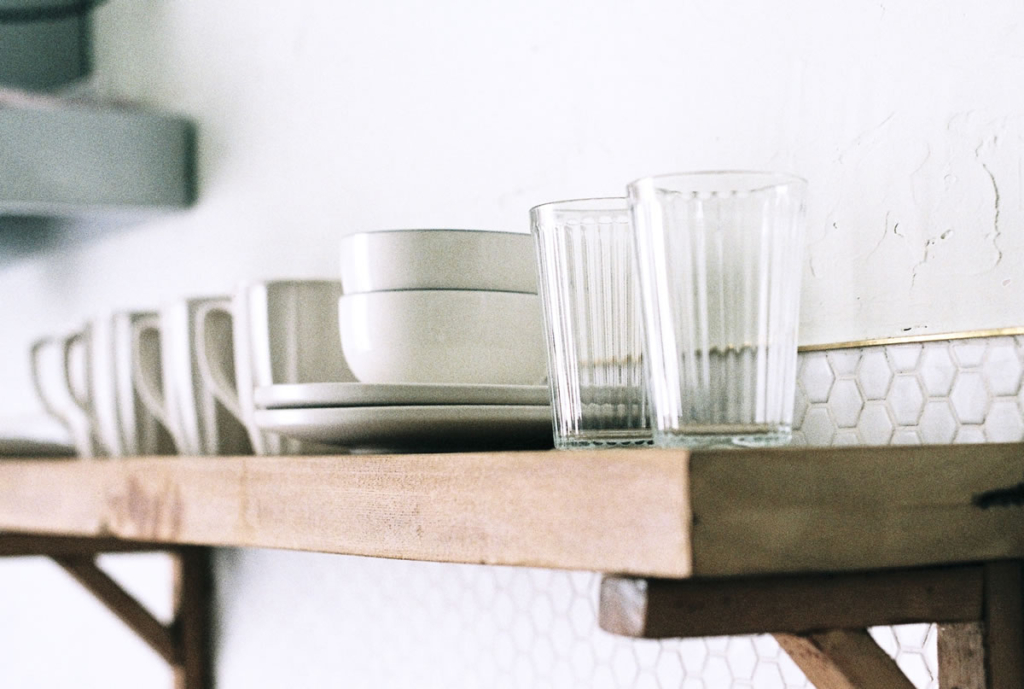
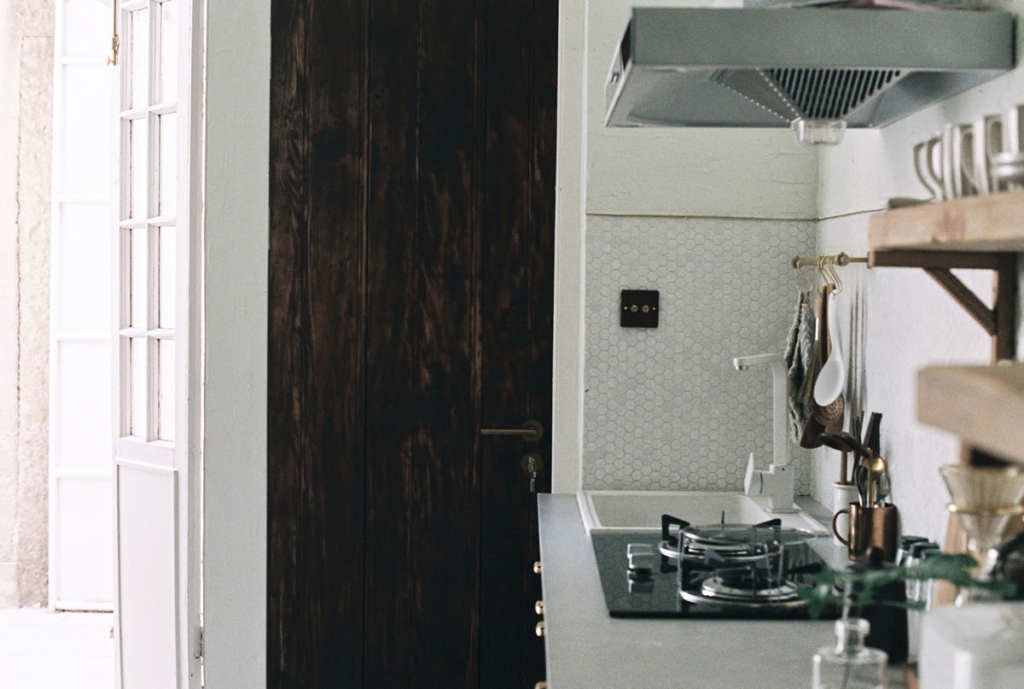
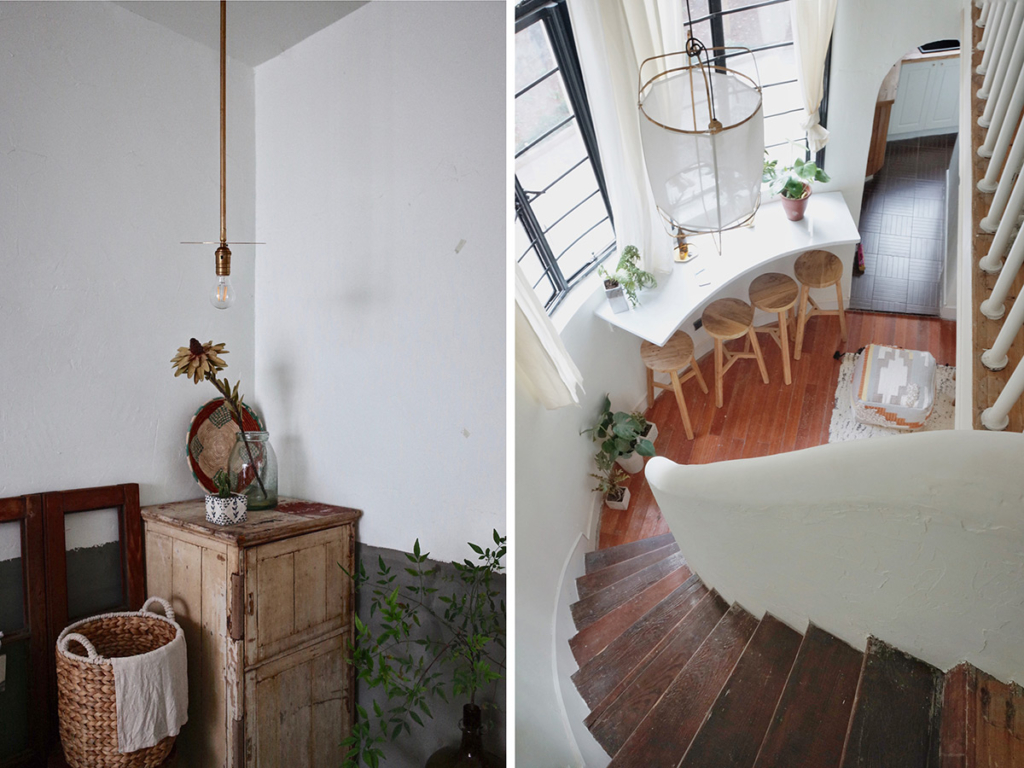
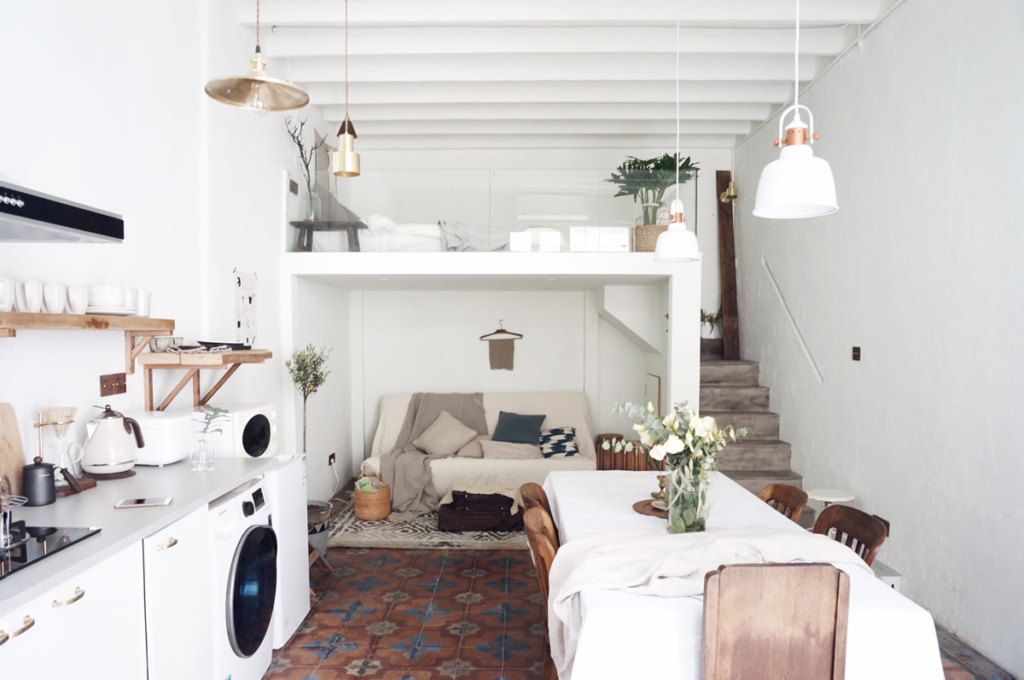
When we travel to unfamiliar places, we are always indebted to the people who provide us with a place to rest and sleep. Our travels would never be complete without them. But what motivates them to open a hostel or inn to begin with? What is their story? We’ve decided to start a new column where we share the stories behind the hosts and their spaces.
1. Tell us about yourself, your hostel, who you are and where you’re from!
My name is Mo Lijiao, my friends call me Momo. I am a typical hot-blooded Leo—I don’t hesitate to do whatever comes to mind. Once in a while I feel discouraged, but the lovely little things in my daily life help me get back on my feet quickly.
“Baire Shitang” is the name of our hostel, please remember it! Currently, I am in charge of all the visual elements of “Baire Shitang” (interior and outdoor design, furniture and accessories, graphic design, etc.). Sometimes I will work on some cross-branding projects.
2. What were you doing before opening the hostel?
After graduating in 2014, I moved to Shanghai from Dongbei (Northeast China), and chose to work as a graphic designer/illustrator, which was something I really liked. I’ve worked in advertising and digital agencies, and until now I still really like illustrating. I believe this is something I’ll never stop doing for the rest of my life.
3. What made you decide to open a hostel? Tell us how everything began!
Two years ago I had a “hostel dream”, but back then all this felt impossible. But later on, my friends and I travelled together to Japan, discovered the Airbnb platform, and realized it was possible to do this from a small simple room. And so we went back to Shanghai (together with our current two other partners), rented our first old apartment and began renovating it. We posted it online and fortunately, the room was fully booked everyday. We also received a lot of precious feedback, which gave us the motivation to carry on.
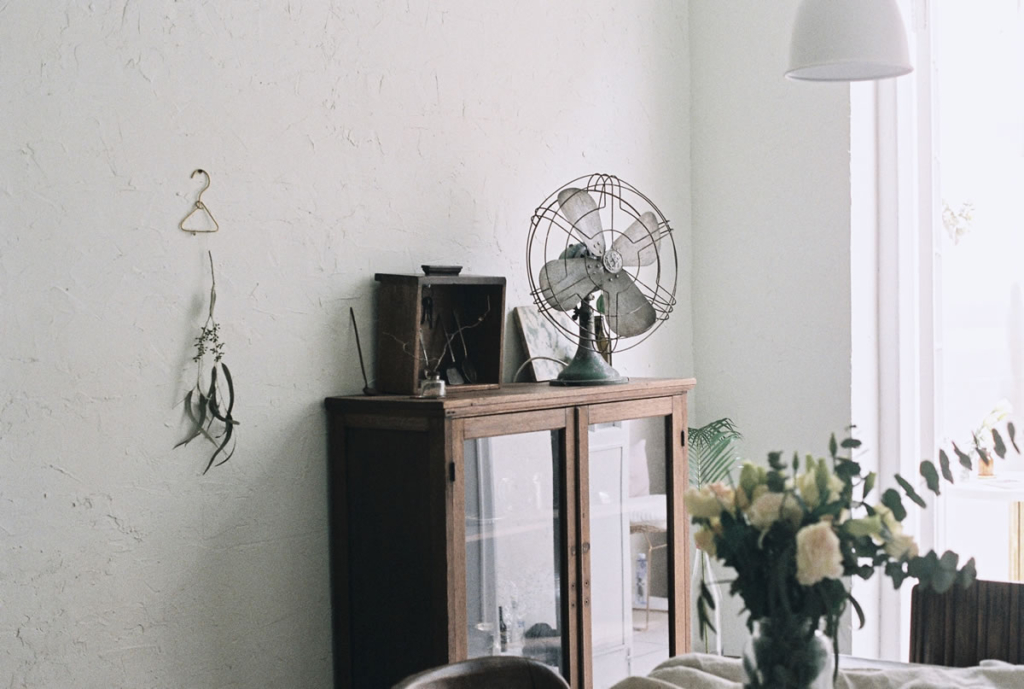
4. Can you tell us a bit about the space? (common area, rooms, beds, facilities, shower, etc)
Currently, the five spaces in Shanghai are all independent living spaces (three of which have courtyards), and most of them are set up in the Shanghai loft style (adding a second floor to a tall space). Actually this was a solution that came up in the early years when living spaces were tight to help use space more efficiently. Old Western houses (in Shanghai) are 3 metres tall, so by increasing the use of vertical space, the horizontal space becomes more spacious, and also adds a sense of layers, which makes living all the more fun.
The furnishing in the hostel is mostly a combination of new and old furniture, and they actually fit together better because of their differences. The biggest feature is probably the use of traditional Chinese furniture. The three of us spent a lot of time and effort searching among the many different lanes in Shanghai. Whether it was polishing or repairs, we would do it personally, to let these furniture be unique and let them find a new place where they can belong. Regardless of whether it’s just for my own life or for providing a service to others, I believe it is necessary to repurpose and make the best use of materials, which also brings a good impact on our surroundings.
5. Why did you choose this location? What’s special about this area?
We are quite specific about the choice of location for our hostels, since the style of the hostels requires it to be in certain areas of the city. Our hostels in Shanghai are located within the Former French Concession, an area which has the oldest and newest cultures of Shanghai. This area is filled with historical architecture, but at the same time, it’s also filled with the latest trends in culture from the outside world. This area embraces all sorts of different cultures, and we’re really grateful and in love with this environment.
6. What sort of travellers do you see coming to your hostel?
Young people (laughs). Actually, it’s people who want a better quality of life who think independently and also have interesting jobs, and also some university students who are curious to try new things.
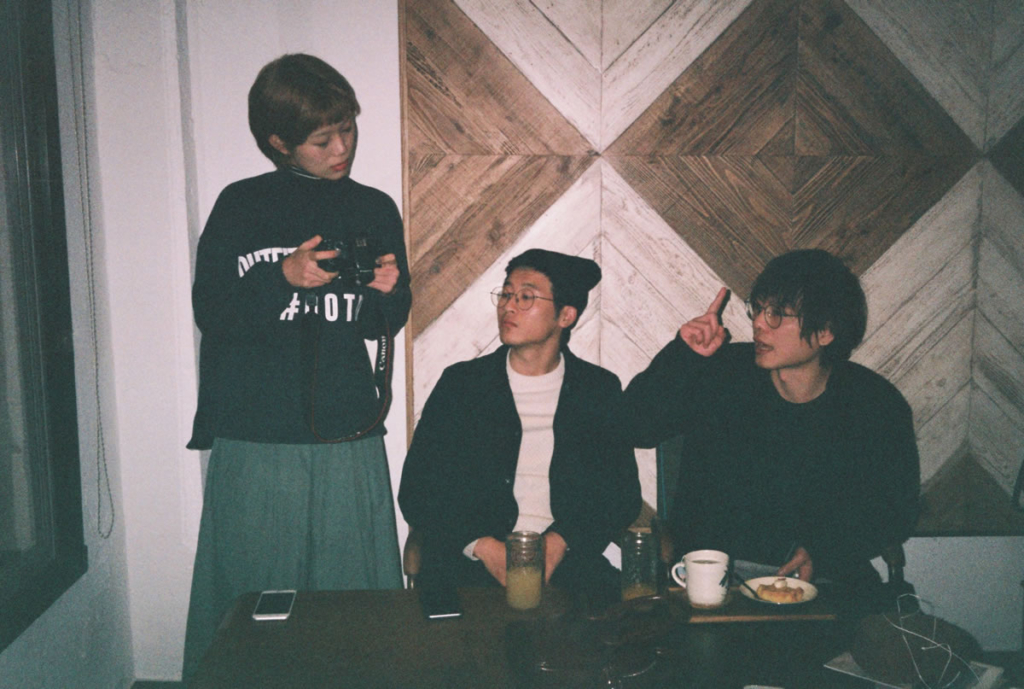
7. How long have you kept the hostel running? What have you learned during this time?
Exactly one year by the end of this month (yea!). We’ve improved so much in our professional skills, become clearer on how to provide good service, learned how to let others enjoy beauty and feel comfortable and peaceful at the same time. Personally, I’ve learned how to better cope with pressure, and to nurture a more embracing heart. I’ve also learned not to jump to conclusions without first having a full understanding of the situation, and to accept the diversity in this world. Everyone you meet is fighting a battle you know nothing about, be kind, always.
8. What keeps you motivated to keep the hostel running?
When we see our influence growing slowly, and get encouragement or support from different kinds of people, it gives us a very strong sense of accomplishment. What we are doing, is to provide a nice living experience for someone, which is like giving someone a rose which leaves a fragrance in your hand. This little bit of happiness has the power to keep us going in life.
9. What do you hope to accomplish with the hostel?
Actually, there isn’t really any specific aim that we want to accomplish, I think as long as we get better one step at a time, that’s good enough for us.
10. Any future plans for the hostel?
We are working on an integrated space in Hangzhou, and are still in the design and renovation phase. In future, we might consider working on more spaces like this, where hostels are only one part of our projects, and people can discover other types of natural comforting spaces which might lead to interesting collaborations.
微博WEIBO:@白日拾堂
微信公众号WEIXIN:白日拾堂(微信号:brshitang)
商业拍摄/合作联系邮箱/E-MAIL:juneyell@brshitang.com
